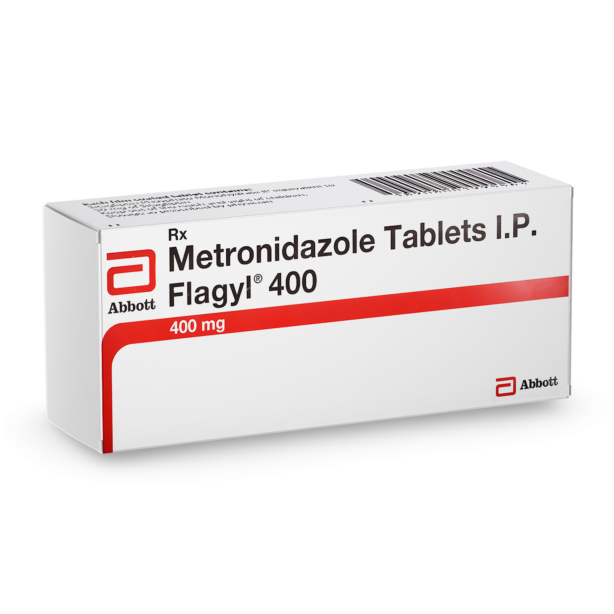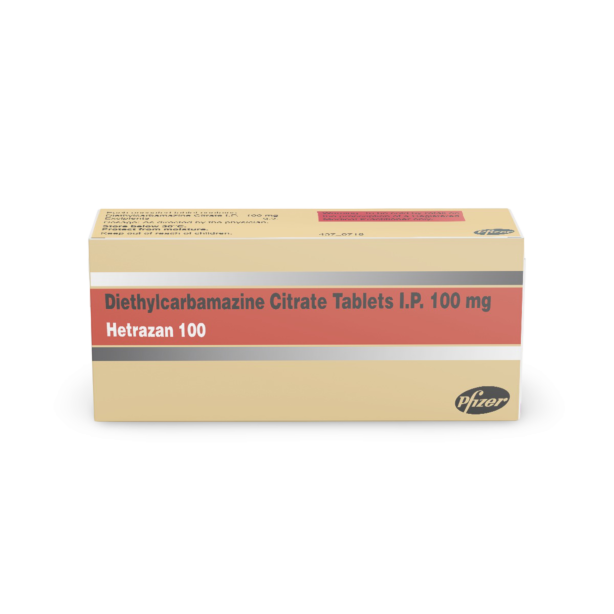Parasitic infections are a common yet overlooked health problem that can affect anybody, regardless of age, lifestyle, or location. These infections are caused by microorganisms, including protozoa, helminths, and ectoparasites, which enter the human body silently, feeding on host nutrition and affecting normal biological activities.
Parasitic infections are complicated to treat as they can mimic other diseases, presenting several symptoms that might be confused with more prevalent medical conditions. From persistent digestive troubles and unexplained fatigue to skin irritations and neurological disturbances, parasitic infection symptoms are as varied as the parasites themselves.
Travelers, children, rural residents, and even urban people are all at risk. Early identification of symptoms is essential for timely diagnosis and treatment. In this article, we’ll cover the whole range of symptoms associated with parasite infections, helping you understand when to seek medical attention and how to protect yourself.
Common parasitic infection symptoms
The signs and symptoms of parasitic infection differ based on the type of parasite, the organs affected, and the severity of the disease. Some infections may be asymptomatic, while others can cause severe and life-threatening complications.
The following are some general symptoms associated with parasitic infections that shouldn’t be ignored:
- Gastrointestinal problems: These include diarrhea, constipation, stomach pain or cramps, gas, bloating, nausea, vomiting, and Dysentery (bloody stools). Parasites like Giardia lamblia, Entamoeba histolytica, and various helminths (worms) are common culprits.
- Fatigue and weakness: Chronic inflammation, nutritional malabsorption, and the immunological response to infection can all contribute to chronic fatigue and an overall sense of weakness.
- Loss of appetite and weight loss: Chronic parasite infections can limit food absorption, resulting in a reduced desire to eat and unintentional weight loss, particularly in severe cases.
- Fever and flu-like symptoms: Fever is not usually present, although it can be, especially in situations of invasive parasitic infections or when the immune system is aggressively battling the parasite.
- Skin reactions: Certain parasites or their larval stages can penetrate the skin and cause painful rashes. Allergic responses to parasite antigens can cause skin infections. Examples include Cutaneous Larva Migrans (caused by hookworm larvae) and Scabies (caused by mites, which are technically ectoparasites but may be considered alongside other parasitic illnesses).
- Muscle and joint aches (Myalgia and Arthralgia): Some parasite diseases, such as Toxoplasmosis and Trichinellosis, can induce muscular soreness and joint stiffness.
- Swollen lymph nodes (Lymphadenopathy): The lymphatic system is essential to immune protection. Parasitic infections can cause lymph nodes to swell and become painful.
Save up to 90% on your medicine bills

Bendex 400 Tablet

Flagyl 400 mg

Hetrazan 100 Tablet

Zentel 400 mg
Organ-specific symptoms
Depending on the site of infection, the following additional symptoms may arise:
- Liver: Infections such as Echinococcosis (hydatid cysts) or liver flukes can result in stomach discomfort, Jaundice, and liver enlargement.
- Lungs: Parasites such as Paragonimus westermani (lung fluke) or the larval stages of some roundworms can induce cough, chest discomfort, shortness of breath, and even Hemoptysis (blood cough).
- Brain and nervous system: Parasitic brain infection symptoms include Neurocysticercosis (induced by the larval stage of the pork tapeworm), which can result in seizures, headaches, neurological impairments, and even psychological issues.
- Eyes: Ocular toxoplasmosis can cause eye pain, blurred vision, and blindness.
- Heart: In rare situations, parasites such as Trypanosoma cruzi (which causes Chagas disease) can infect the heart muscle, causing cardiomyopathy and heart failure. As per an article published by the American Journal of Tropical Medicine and Hygiene in 2016, Chagas disease is associated with cardiovascular issues.
When to seek medical assistance?
Seek medical help if you have:
- Chronic gastrointestinal symptoms (e.g., diarrhea, stomach discomfort)
- Unexplained weight loss or extreme exhaustion
- Skin rashes, itching, and visible worms
- Neurological signs or difficulty breathing
- Recently been to locations with low sanitation or a high risk of parasite infections
- A compromised immune system with new or unexplained symptoms
Conclusion
Parasitic infections can cause several symptoms, which vary in severity based on the type of parasite, the bodily system affected, and the individual’s general health. These infections, which range from minor gastrointestinal discomfort to life-threatening problems involving the brain, lungs, or blood, must be identified and treated as soon as possible.
Early signs, such as chronic diarrhea, skin rashes, unexplained fatigue, or weight loss, should not be overlooked, particularly after visiting endemic areas. Diagnosing and treating problems early on is essential to avoid long-term health consequences.
Public health initiatives such as better sanitation, safe food and water practices, and health education are crucial to lowering parasite disease difficulties. Understanding parasitic infection symptoms is the first step in protecting oneself and others from parasites’ adverse impact on human health and well-being.

Frequently Asked Questions
Can parasite diseases induce mood swings and Anxiety?
Yes, persistent parasite infections can have an impact on the neurological system and immunological response, potentially resulting in mood swings, irritability, u003ca href=u0022https://www.goodrxmedicine.com/blog/mental-health/depression-anxiety-treatment-cope/u0022u003eDepression and Anxietyu003c/au003e, particularly if the infection produces prolonged inflammation or nutrient deficiencies.
Do parasite infections influence sleep patterns?
Yes, some people suffer from Insomnia or disrupted sleep due to parasite-induced itching (for example, pinworms), discomfort, or fever. The stress of chronic disease can also interfere with typical sleep patterns.
Can parasite infections mimic Irritable Bowel Syndrome (IBS)?
Yes. Giardia lamblia and Entamoeba histolytica are parasites that can lead to symptoms similar to Irritable Bowel Syndrome, such as bloating, stomach cramps, diarrhea, and gas, frequently leading to misdiagnosis.
Do parasites influence menstrual cycles?
Yes. Chronic parasitic infections and nutritional loss or immunological stress related to the condition might disturb the hormonal balance, potentially causing irregular periods, skipped cycles, or greater bleeding in some women.
Can parasite infections cause allergies or food sensitivities?
Yes, some parasitic infections lead to a change in the gut lining or immune system, increasing allergies and sensitivity to specific foods or environmental allergens through mechanisms similar to a leaky gut.
When referencing outside resources, GoodrxMedicine always provides full citations. To learn more about the measures we use to maintain the quality of our content, please review our Content Information Policy.











